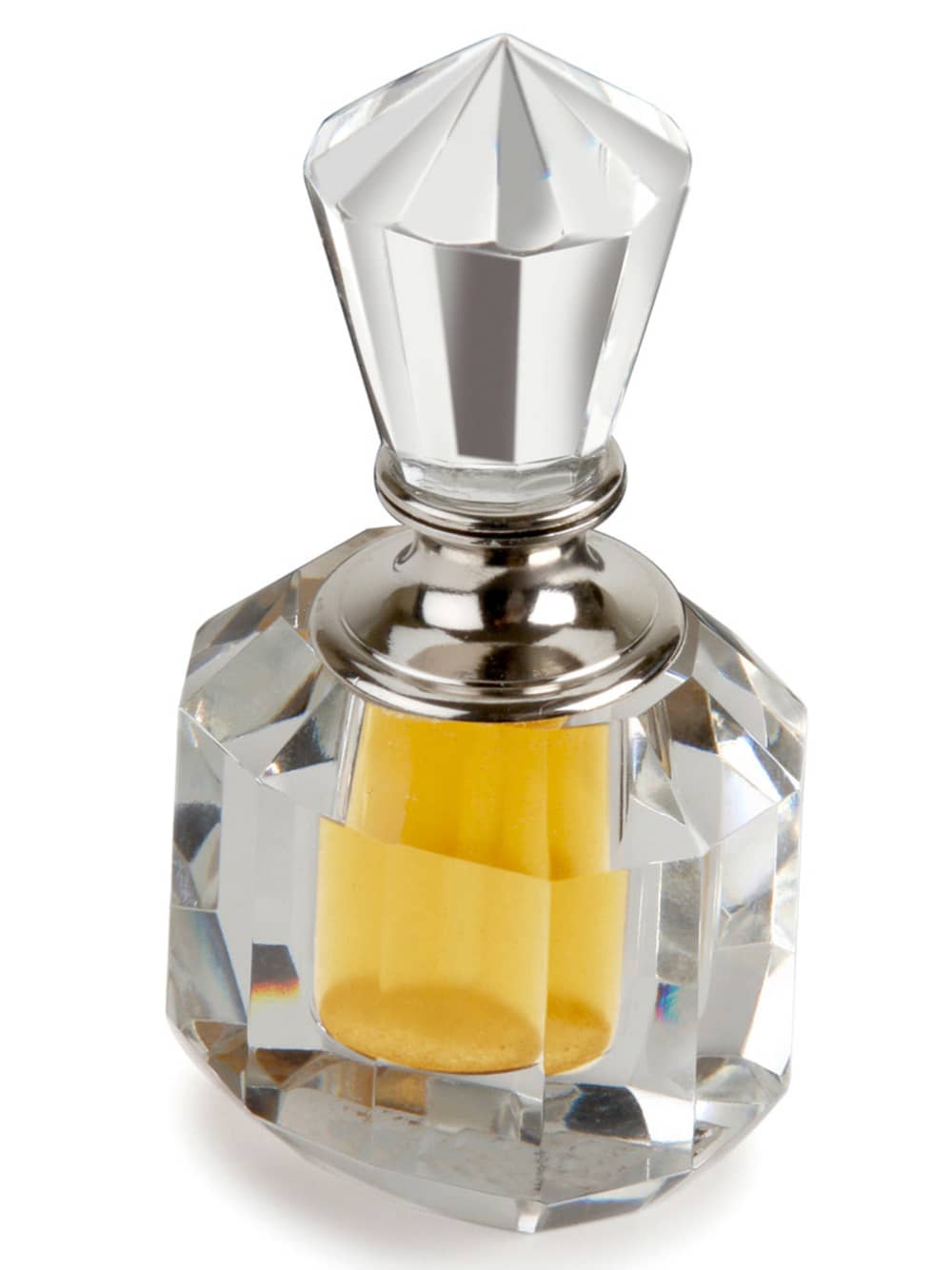It's about more than the water bill
The fabric softener diet: Losing weight through going green
 Hang up those dryer sheets. They're bad for you.
Hang up those dryer sheets. They're bad for you. Drink a spring water bottled in glass that has never been stored in plastic.
Drink a spring water bottled in glass that has never been stored in plastic. One quick fix to improve your health? Go frangrance free.
One quick fix to improve your health? Go frangrance free.
When we think green, we usually think energy. Renewable, sustainable, recyclable. But it's about more than the water bill.
What about going green for your own health, not just the planet's? There is mounting evidence that our daily chemical exposure amounts to long-term low-level poisoning. We're killing ourselves, says environmental illness expert Sue McDonald. With our cleaning products, our cosmetics, even our water.
McDonald, who owns the home and office distributorship of Mountain Valley Spring Water with her husband, Alan, suffered a near collapse of her immune system in 1995 that caused her to totally reevaluate and revamp her lifestyle. She's fragrance free (we'll get to that in a moment), wears only natural fibers, and she lives on a boat in Clear Lake with her husband. Just sitting near me (and my overwhelming scent of shampoo, dryer sheets and permanent press) gave her a histamine reaction.
Now McDonald is an activist who has appeared on the Deborah Duncan Show, spoken at the Texas Bioneers Conference and hosted several of KPFT's Open Journal programs.
I recently heard Sue speak at a seminar and, as a 20-something media-immersed female, one thing she said, in particular, caught my attention. It wasn't that I was slowly poisoning myself, although that was certainly of some concern. It was that I could lose weight simply by cutting the chemicals.
According to McDonald, America's weight epidemic can be largely explained by our chemical exposure. Why don't diets work? Because our bodies can only detoxify so much, and the excess gets stored in fat cells. When we run out of storage, we build more. That was enough for me to pick her brain for a two-hour interview.
Here are McDonald's five ways to lose weight, no diet or exercise required. Think of life-prolongment as a perk:
Go fragrance-free: "The fattest people I know are the most fragrant," McDonald says. She explains that back when perfume wasn't synthetic (anyone remember that?) makers didn't have to reveal their secret formulas. The petroleum industry got to keep this sweet deal, even though now nearly all fragrances are synthetic combinations of about a bajillion chemicals. You don't know what's in there, and neither does the FDA.
So don't douse yourself in it. If it's got "fragrance" on the label, leave it.
Prohibit plastic packaging: Don't eat or drink anything packaged in plastics. When heated (it happens in transport, too, not just the microwave) chemicals seep out and can seriously mess you up.
Don't put anything on your skin you wouldn't eat: If you can't pronounce the ingredients, and you wouldn't put it in your mouth, don't put it on your skin. (Goodbye, self-tanning spray). "One reason your skin is dry is because of the Chlorine in the water," McDonald says. Use a natural alternative to synthetic lotion like apricot oil instead.
Nix the fabric softener: I don't remember the days of all-polyester pants and static cling (thank goodness) but the stuff's still on the market (and probably in your closet). Those fabric-softening dryer sheets college students so love are really just an anti-static in disguise. It's nasty stuff and takes a while to get out of your clothes, McDonald says, but once you quit, you'll never go back.
Watch your water: This is McDonald's pet cause (she changed careers over it, after all). And her directions are simple: drink glass-bottled alkaline spring water that's never been stored in plastic. Between this and the dryer sheets, she swears I can lose ten pounds.
If you'll excuse me, I've got some shopping and swapping to do.
